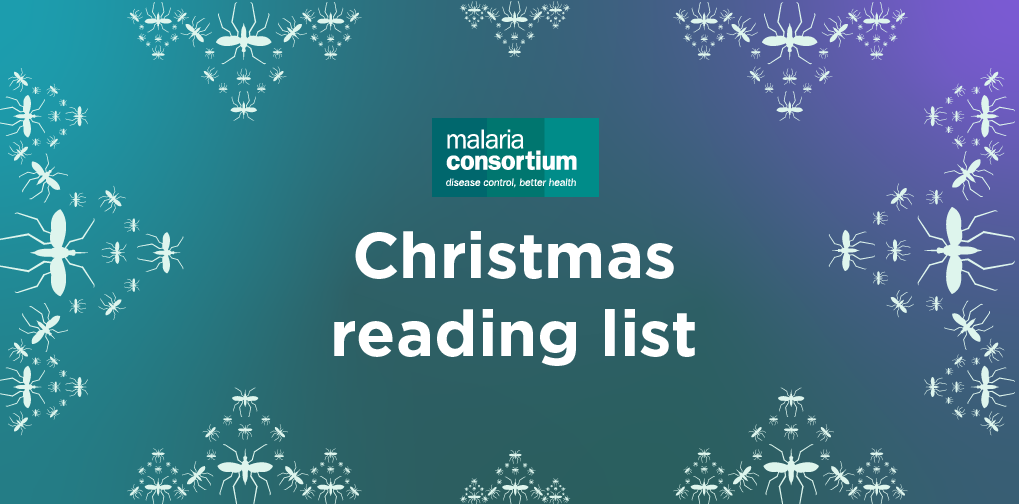We have produced over 60 new publications covering a wide range of Malaria Consortium’s activities this year. From advocacy briefs to capacity and position statements, these are just a small selection from our portfolio that provide a varied look at our work.
Malaria in pregnancy
Antenatal care: A crucial tool in Ethiopia’s fight against malaria in pregnancy
Pregnant women are three times more likely than their non-pregnant counterparts to contract malaria. In this advocacy brief, we echo the World Health Organization’s 2019 call for greater support for those most vulnerable to malaria — pregnant women and children under five. We share our experience in Ethiopia, training and supporting midwives to diagnose, treat and record case management data on malaria and the opportunity this provides to reach more pregnant women with life-saving treatment in a speedy and resource-efficient way.
Digital health
Our capacity statement on digital health
We believe digital health is key to achieving our strategic objectives of improving equitable access to quality case management and advancing health system effectiveness and efficiency. This capacity statement outlines our expertise in the field across Africa and Asia and provides technical advice to governments on the implementation of digital health strategies and conducting operational research to build the evidence base for digital health development.
Surveillance
Malaria surveillance and response
Surveillance is a critical pillar of the health system and the collection and use of robust, timely data is essential for effective surveillance and targeted responses. This capacity statement details our substantial expertise in malaria surveillance and response, highlighting projects in Africa and Asia, where we have been supporting surveillance activities since 2009.
Climate
Adapting to minimise the health impacts of climatic changes
Rising global temperatures damage ecosystems, endanger coastal areas and increase the risk of extreme weather, affecting many of the social and environmental determinants of health. Changes in climatic conditions can also alter the incidence, transmission and distribution of infectious diseases. In this position statement we highlight the importance of recognising that climate change has the potential to affect health and disease outcomes for people across the countries in which we work and the need to incorporate responses to climate-related risks into our programmes.
Gender and youth
Mainstreaming gender and youth in malaria programming in Uganda
According to the World Health Organization, gender norms, roles and behaviours significantly influence how women, men and young people react to health challenges, access health services and how health systems respond to their needs. This learning brief offers guidance and shares learning from malaria programmes in Uganda and sub-Saharan Africa on integrating measures that address gender- and youth-related barriers.
You can follow our work throughout 2021 by signing up to our newsletters here.
